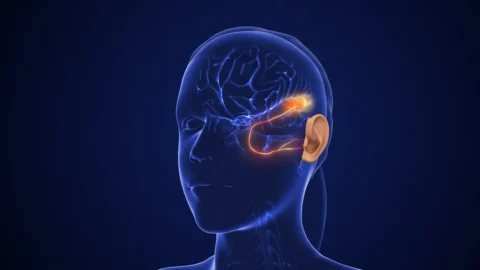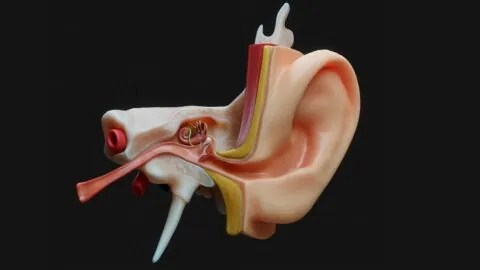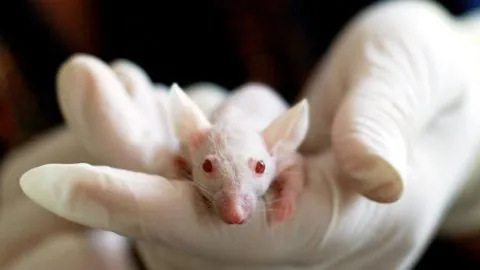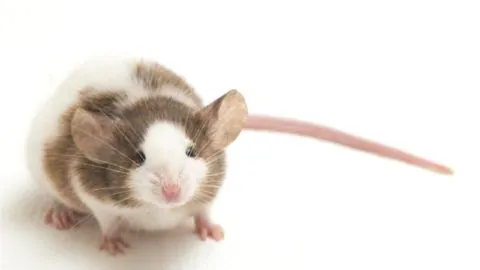December 23, 2025
In Aging Cell, researchers have identified bone marrow stromal antigen 2 (BST2) as a key protein in age-related hearing loss in a mouse model. Neural myelination is necessary for function Demyelination, the loss of neurons’ protective sheaths, is known to be fundamental in multiple serious neurological disorders, including both amyotrophic lateral sclerosis (ALS) and multiple...
January 06, 2025
In JCI Insight, researchers have explored the possibility of using gene therapy to restore a crucial protein and repair hearing loss. Hearing and its failure In mammals, afferent neurons, which originate from the inner ear, transform received stimuli (sound waves) into electrical signals [1]. This process is known as mechanoelectrical transduction, and a specific myosin,...
August 31, 2022
In a preprint published in bioRxiv, scientists have shown that long-term supplementation of nicotinamide riboside (NR), a NAD+ precursor, alleviates the progression of age-related hearing loss in a mouse model [1]. An overlooked hearing impairment Globally, age-related hearing loss (ARHL) is the most common sensory deficit of older people. Moreover, it is associated with several...
January 19, 2022
A study published in Frontiers in Aging Neuroscience examined the relationship between epigenetic age acceleration and hearing [1]. Since 1958, a team of researchers from the National Institute on Aging Intramural Research program has been conducting the Baltimore Longitudinal Study of Aging (BLSA). The BLSA study continuously enrolls volunteers free of chronic conditions from a...
May 04, 2021
Researchers have found that rapamycin supplementation attenuates but not reverses age-related hearing loss in mice, even if the treatment starts later in life [1]. Hear ye, aging is coming Gradual hearing loss might not be as physically harmful as cancer, Alzheimer’s or many other age-related pathologies, but even with the newest hearing aid technology, it...
January 14, 2021
Activation of a genetic pathway controlled by the NRF2 gene reduces age-related hearing loss, according to a new study [1]. In the long run, drugs or treatments that target this pathway could help us keep our hearing sharp as we get older. It's getting harder and harder to hear Age-related hearing loss is extremely common,...





